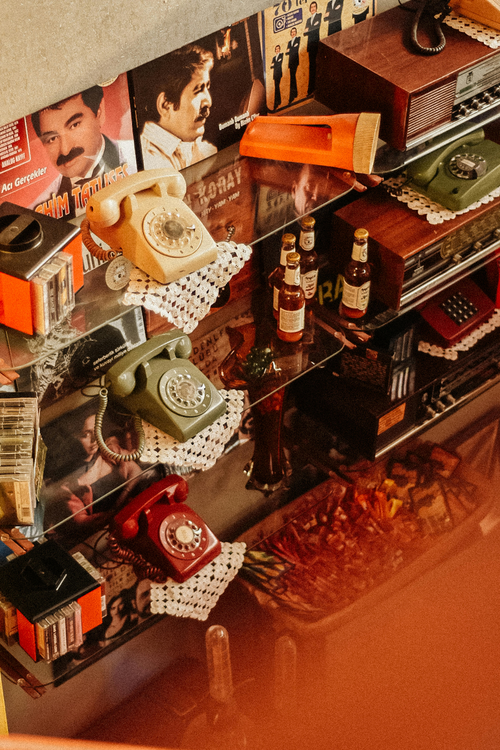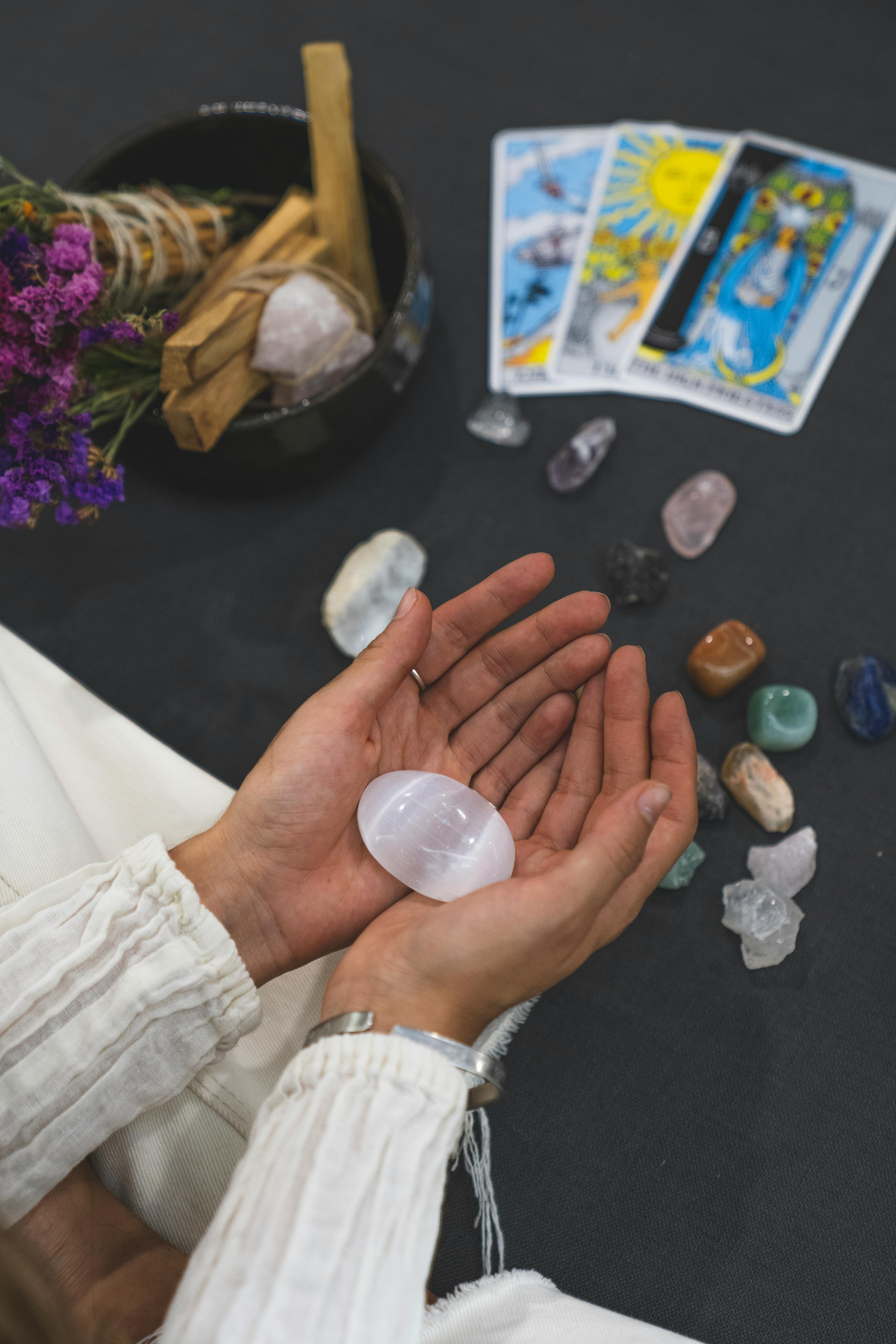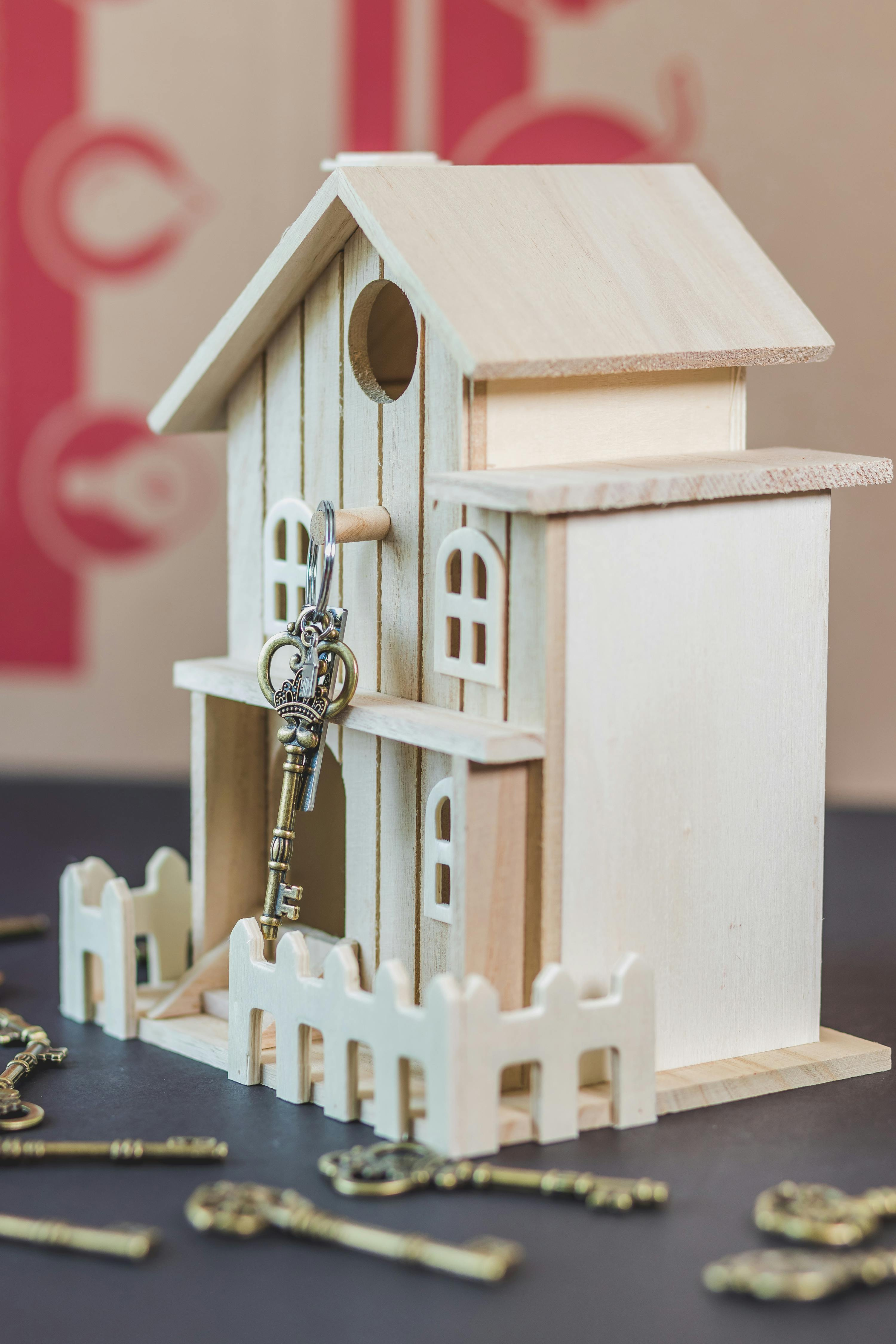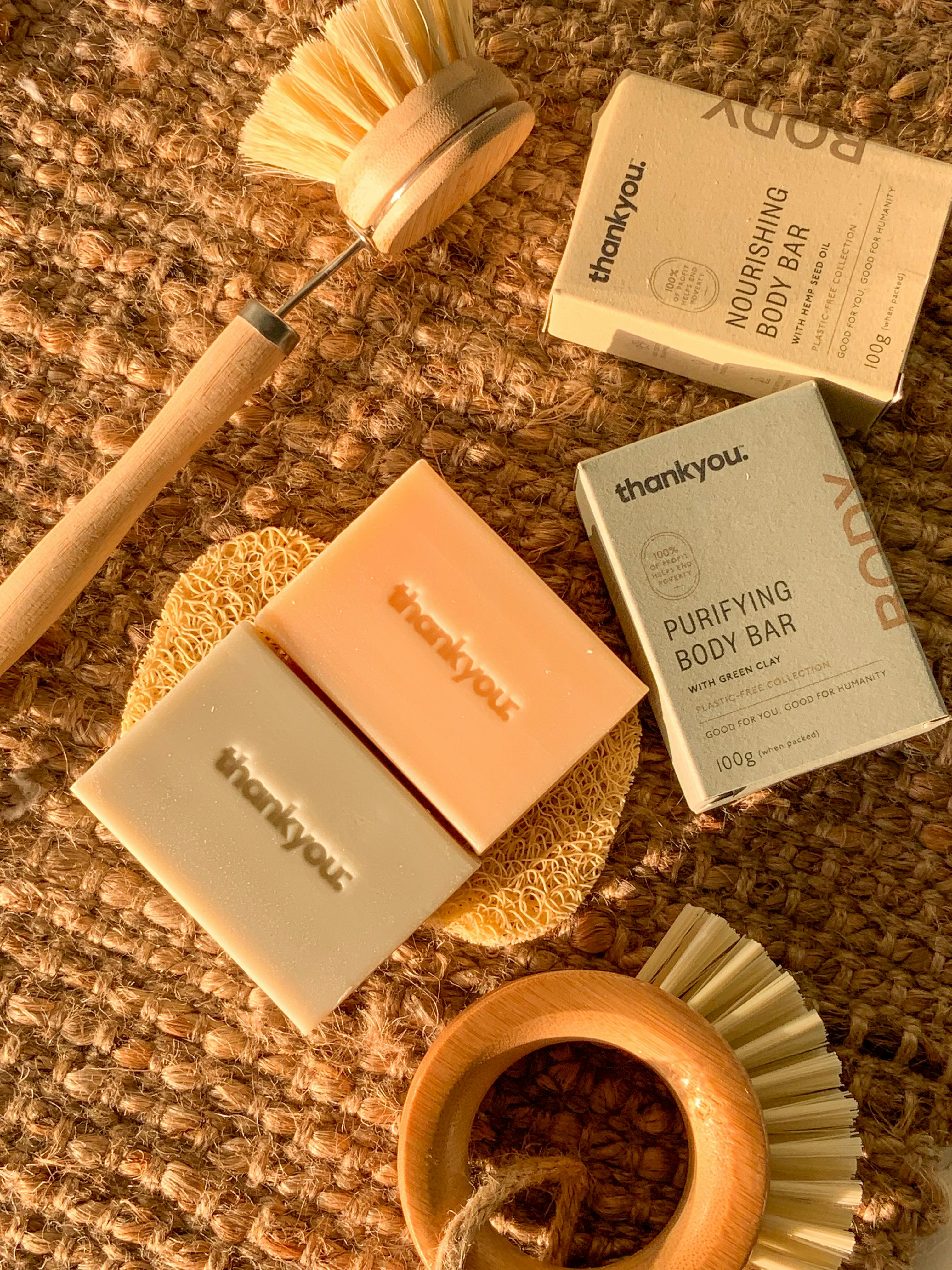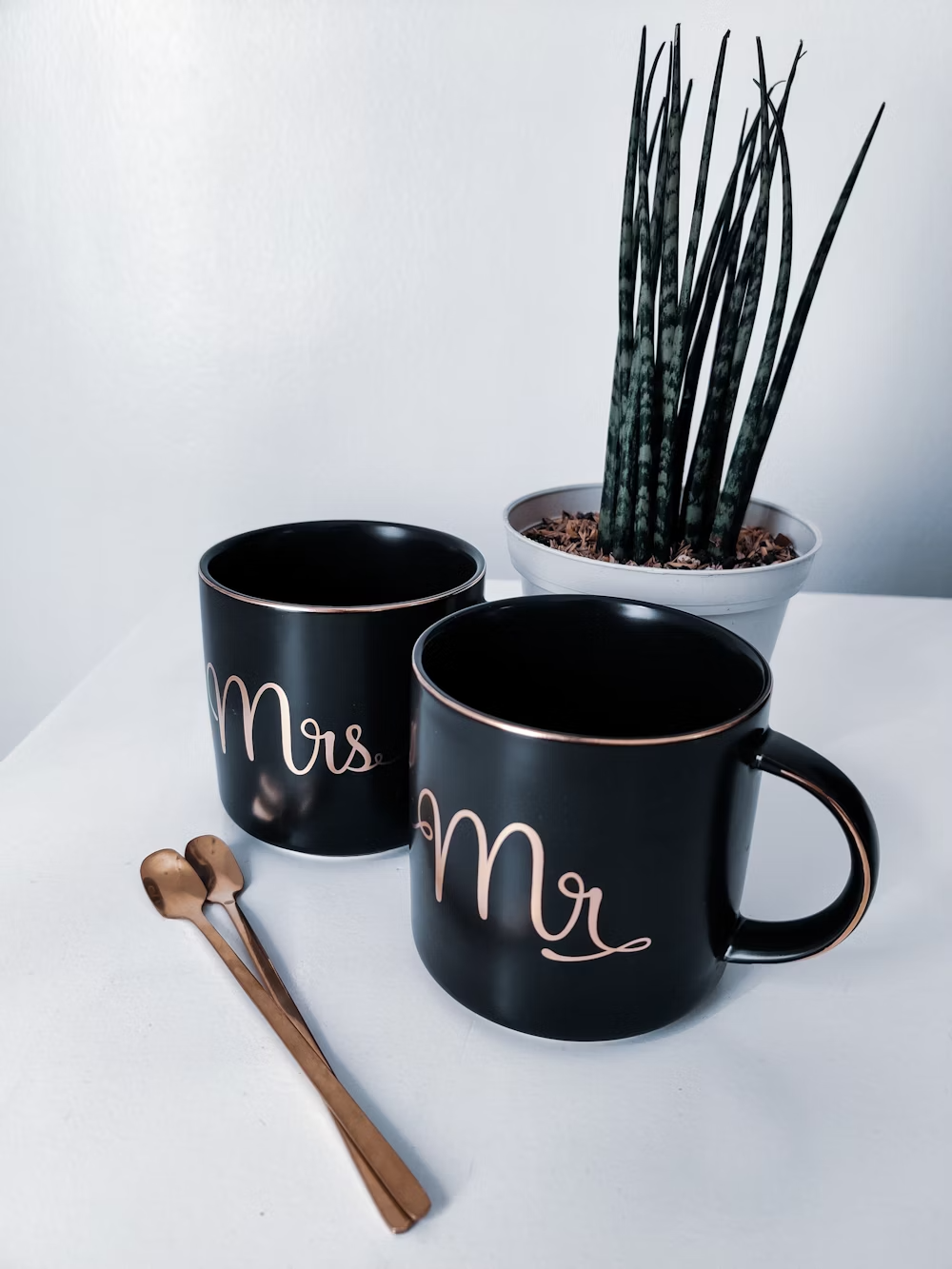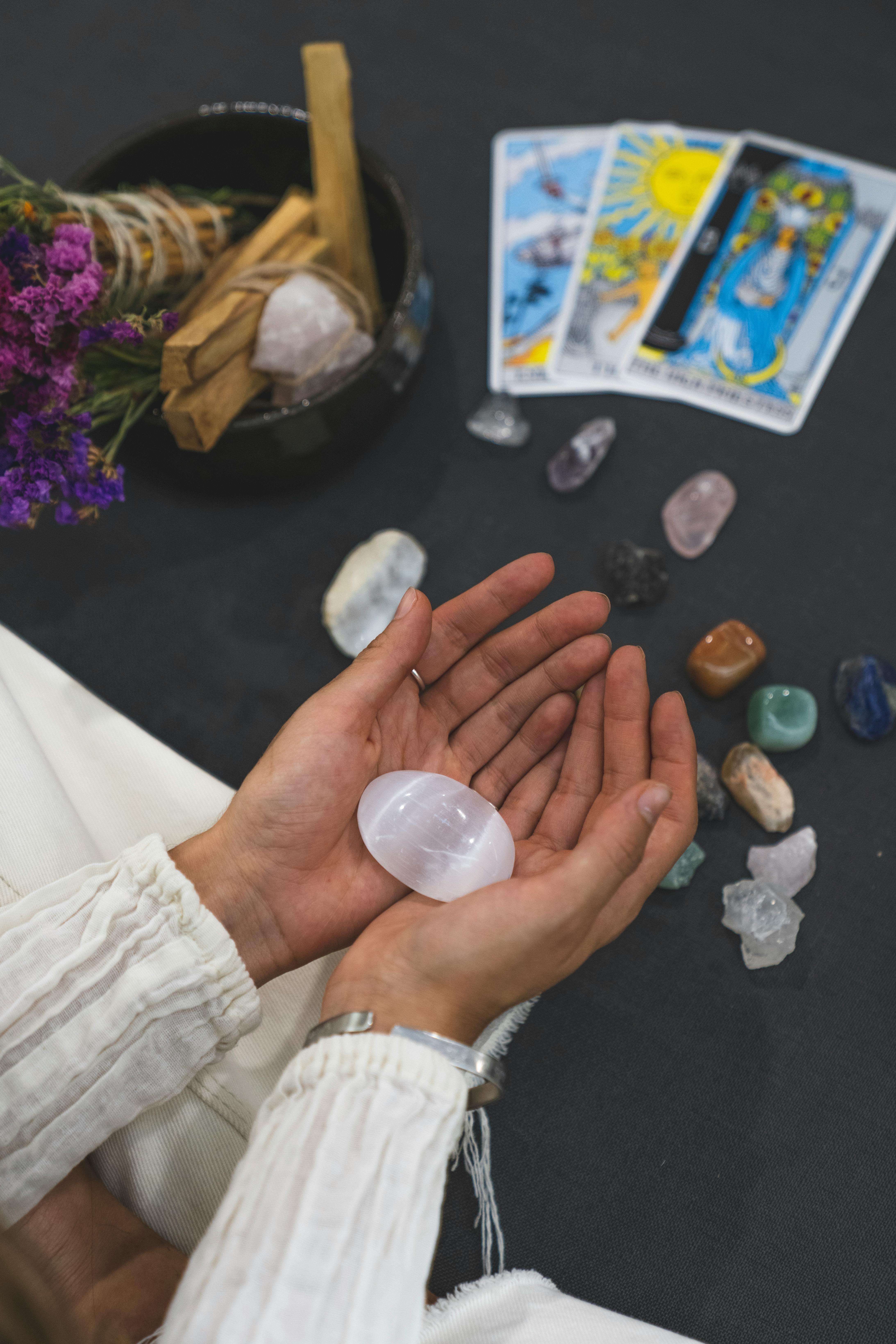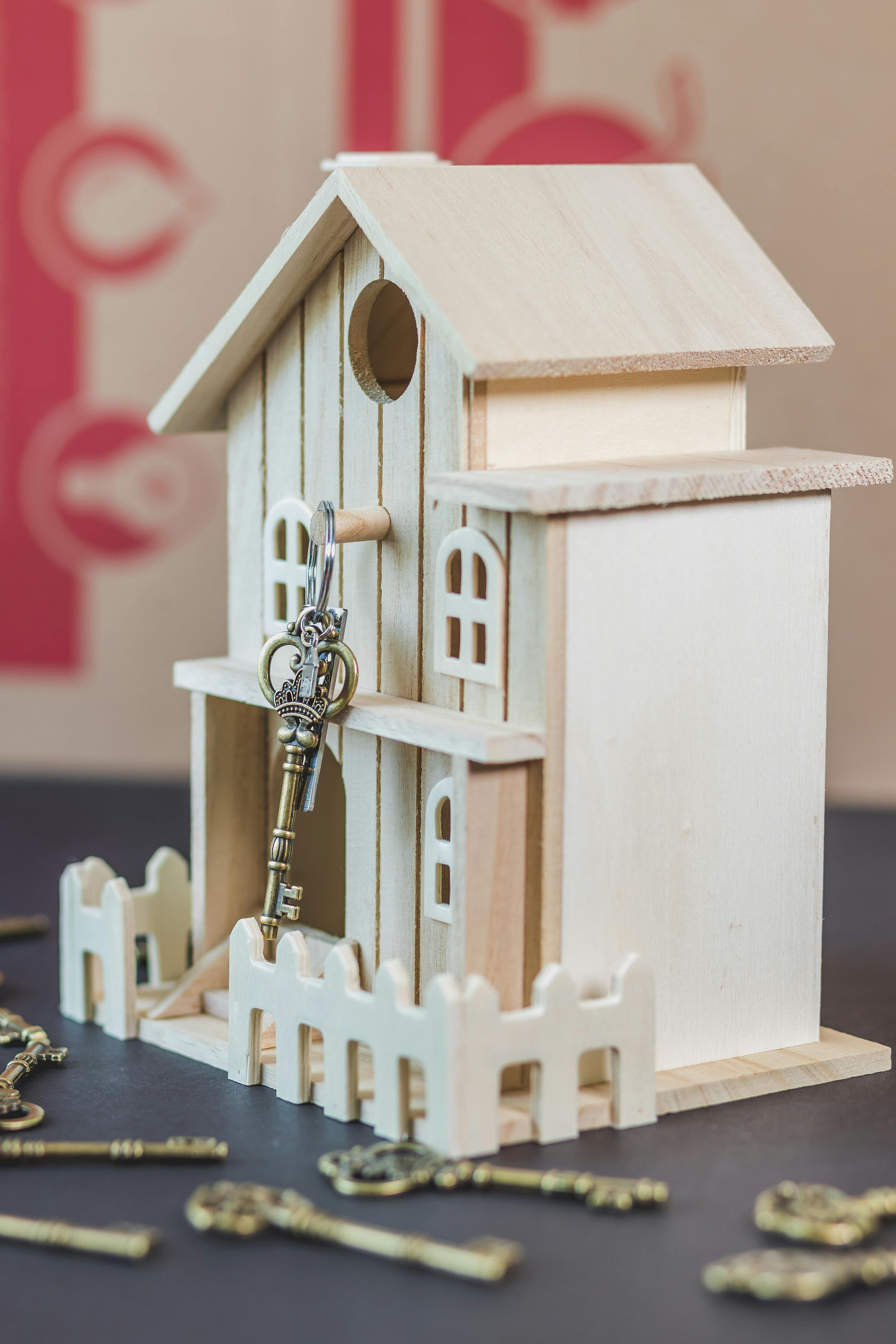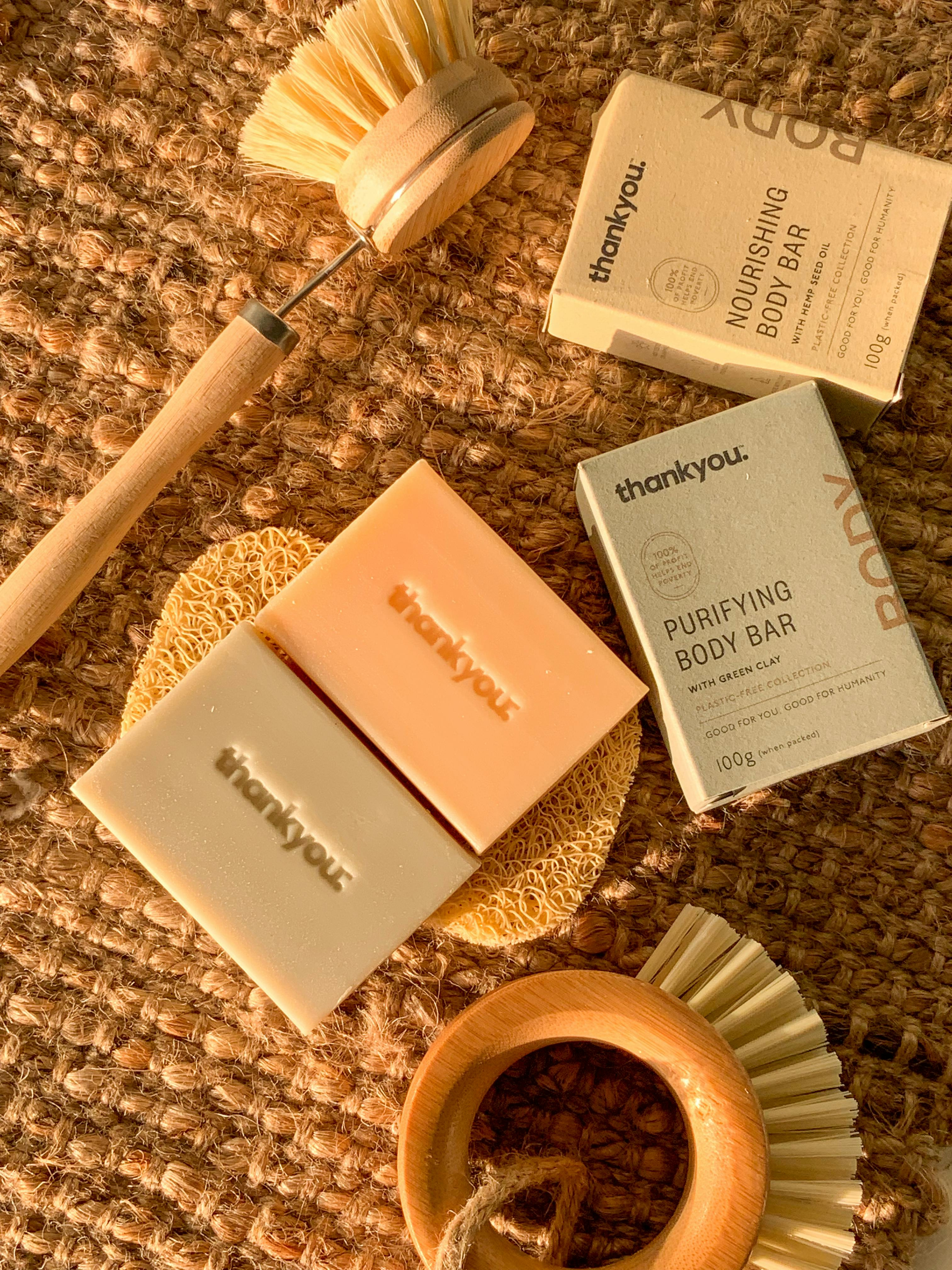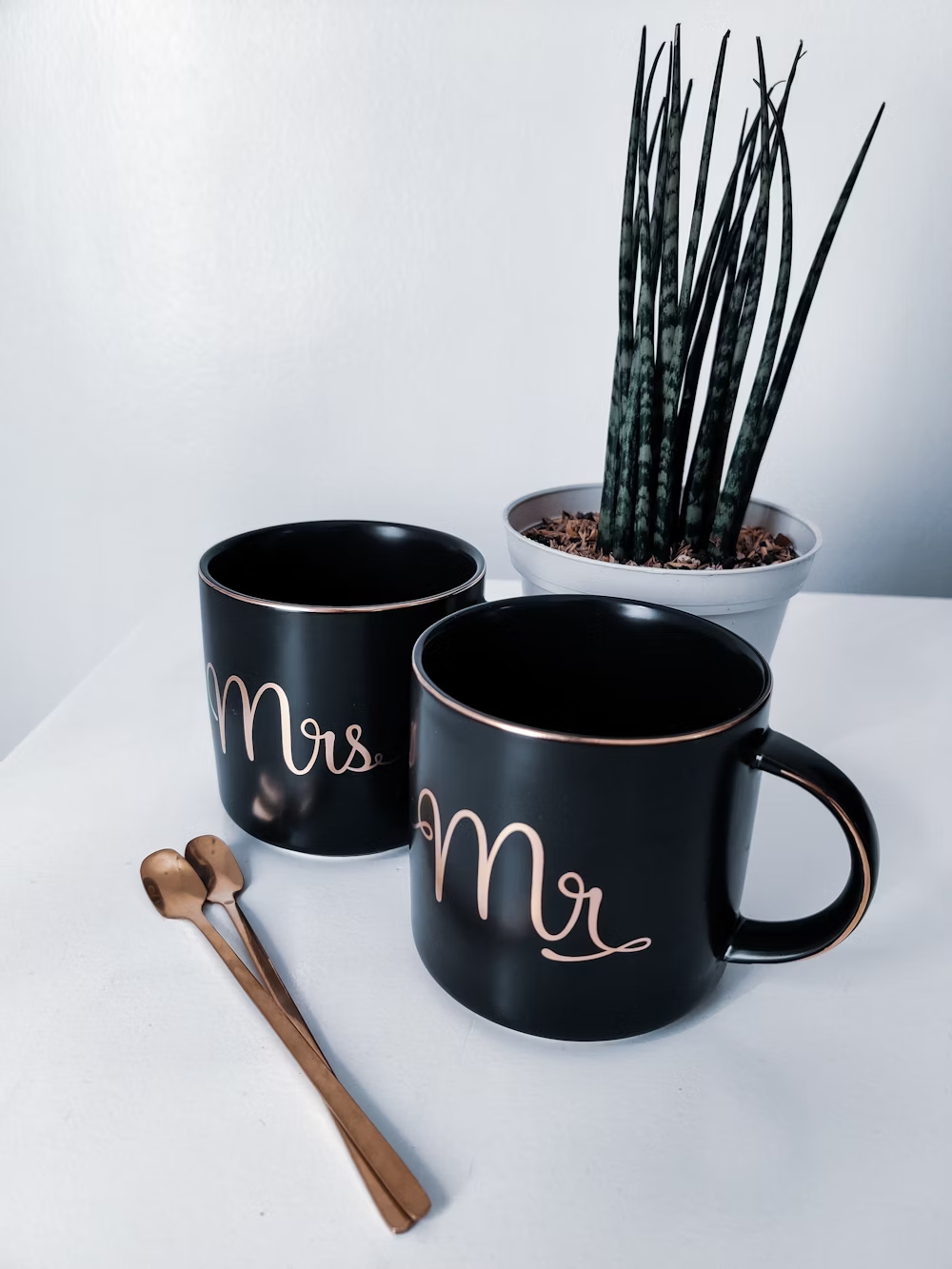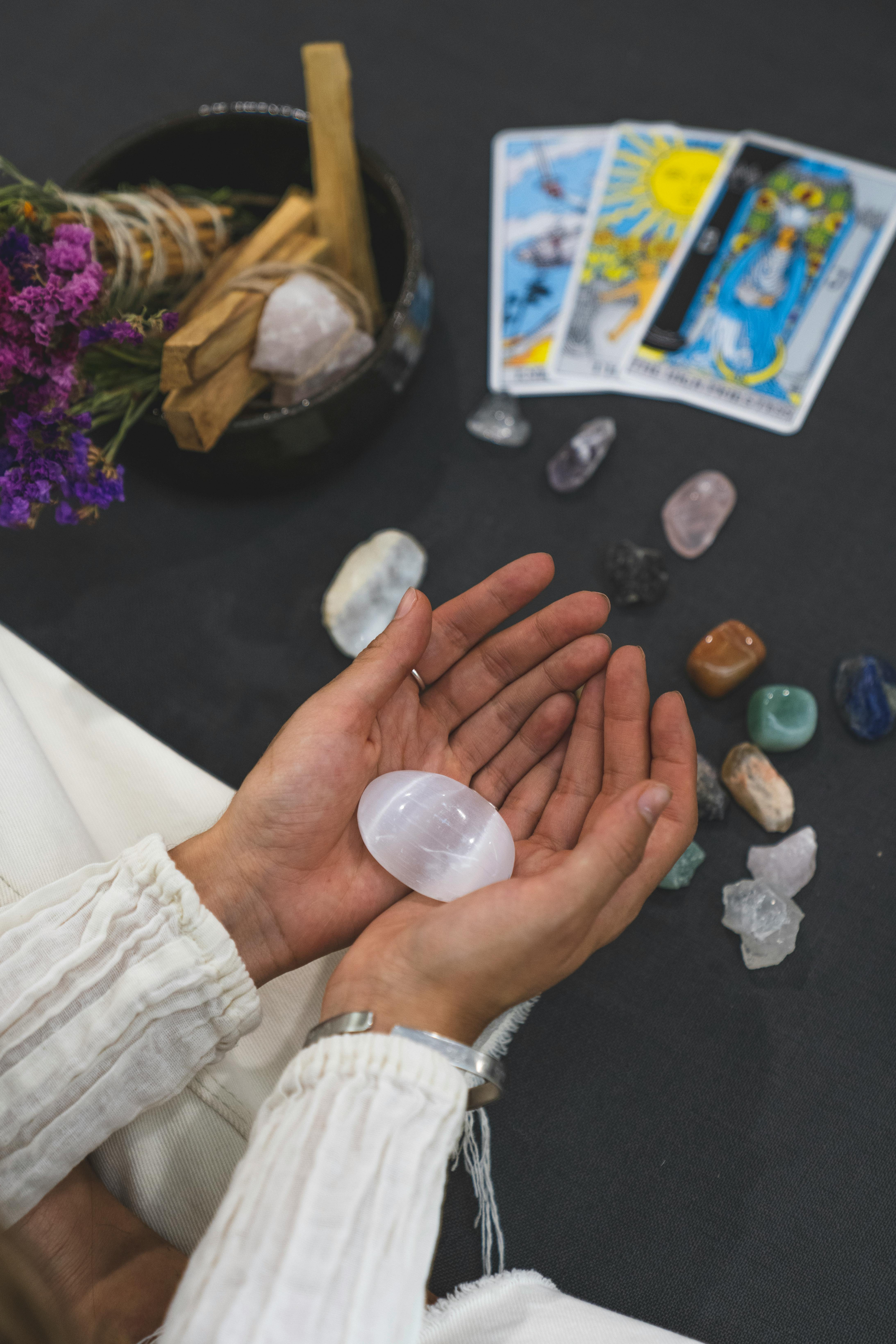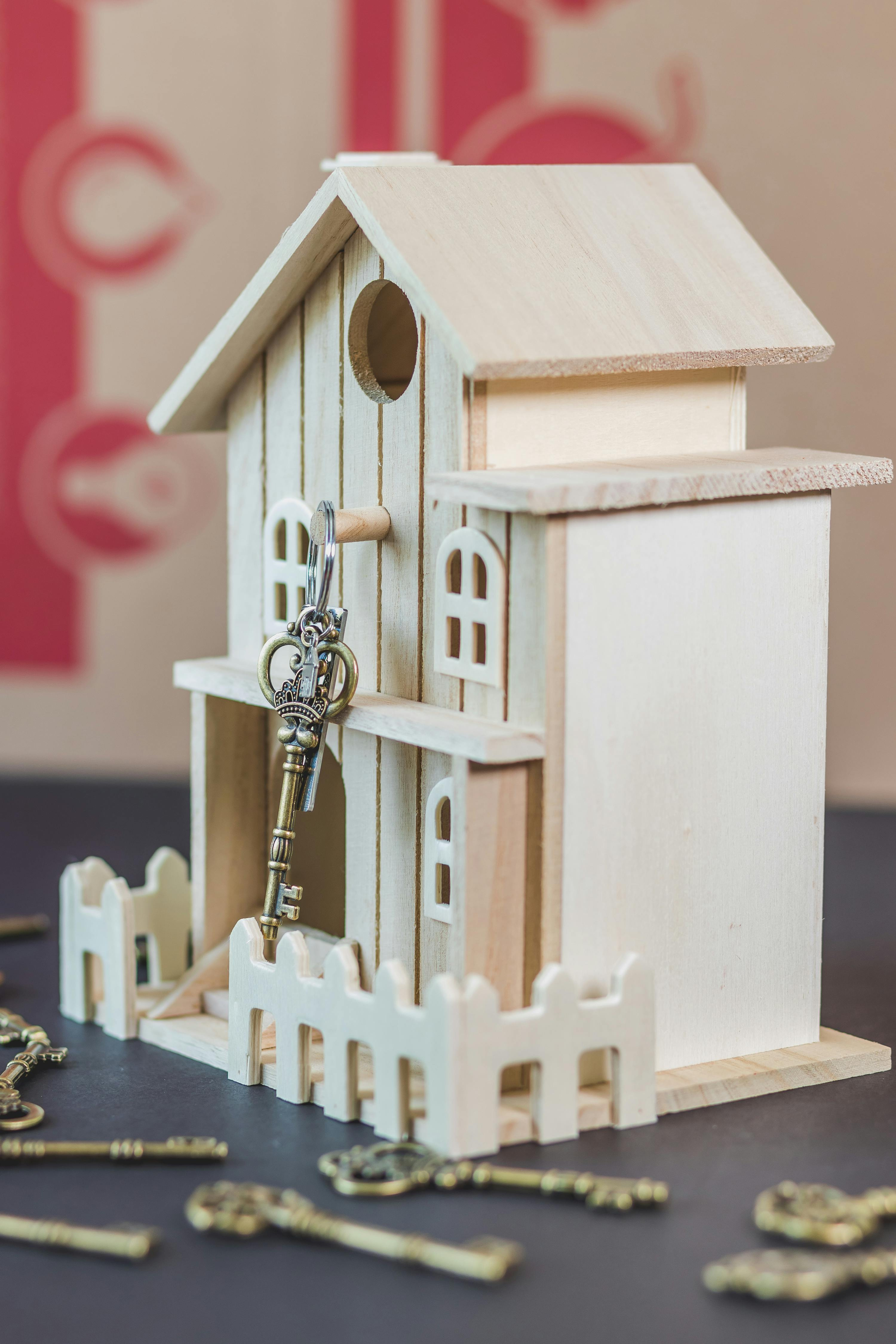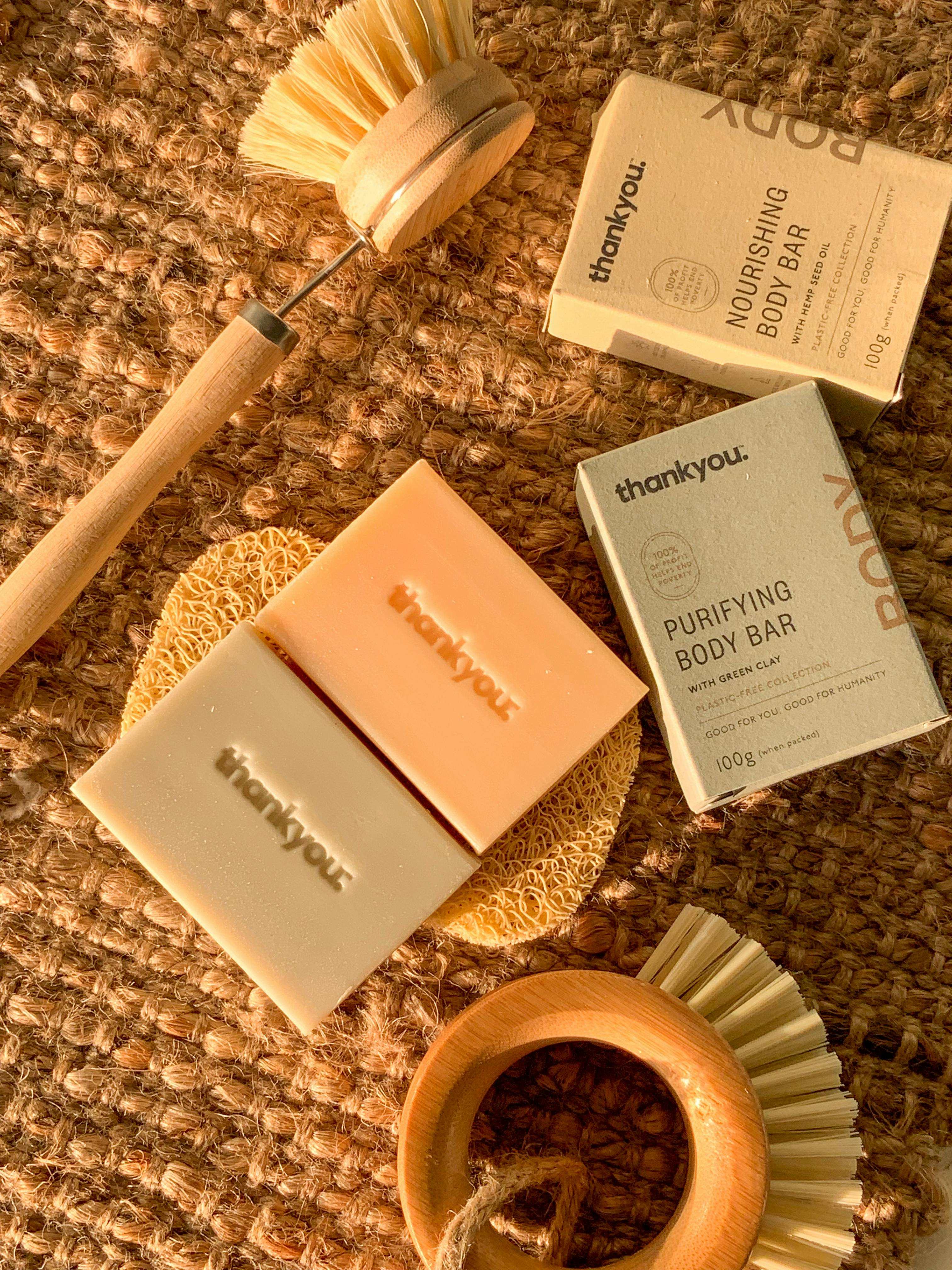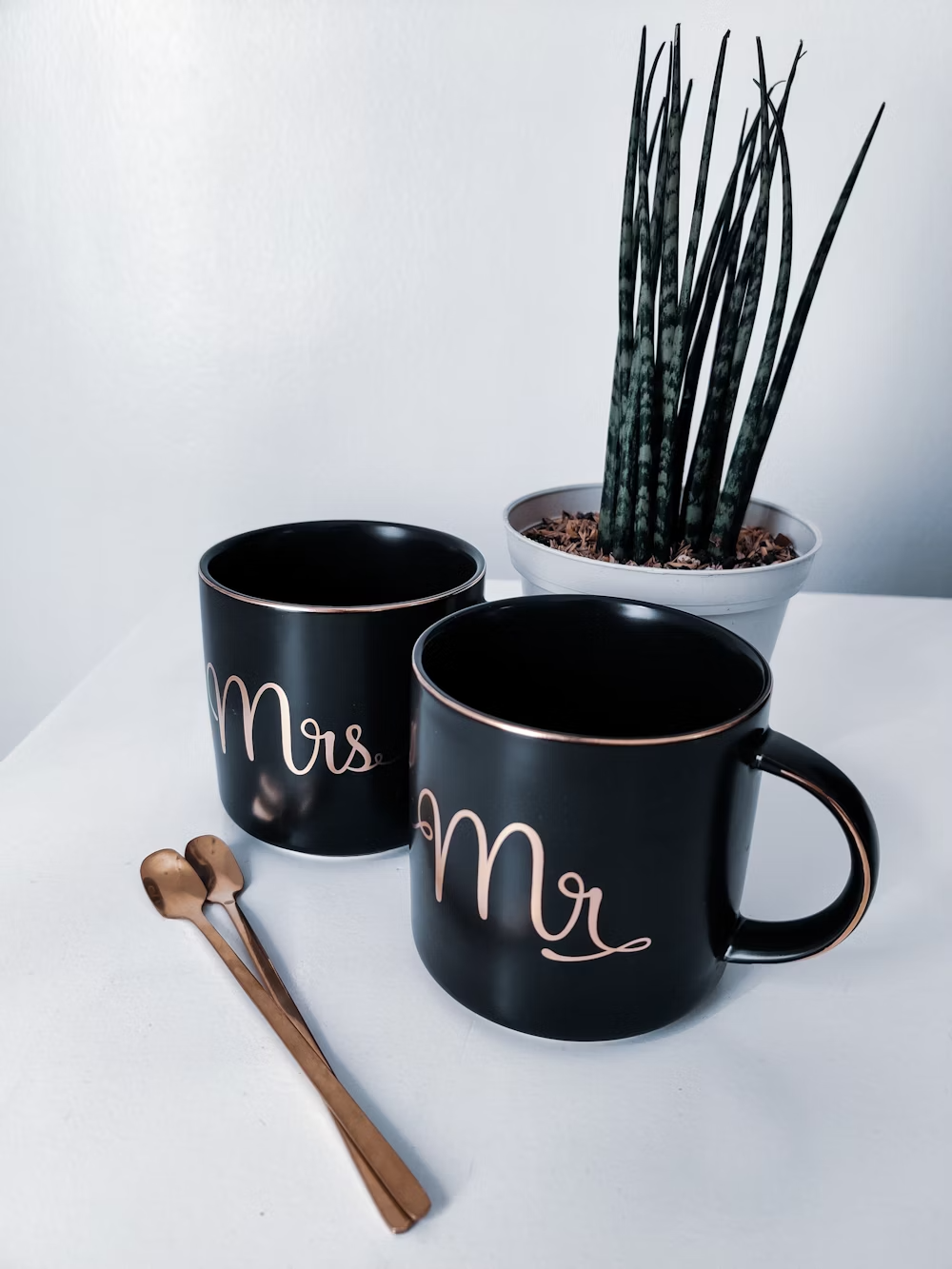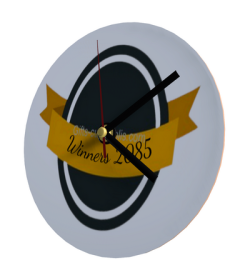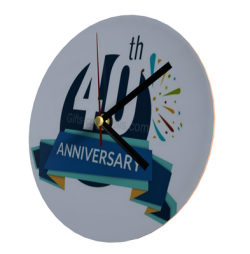Clock with label to...
History of the clock from its origins to the 16th century, The origins No mechanical clocks seem to exist before the fourteenth century, but several mentions in manuscript sources reveal some of the early history of the clock. The Latin word horologium, horologia, derived from the Greek [ὡρα, time and λέγειν, to say], has been used since Roman antiquity to refer to all time-indicating devices, but the use of this word for all time-measuring instruments hides from us the true nature of their mechanisms. The hydraulic clock A hydraulic clock is an ancient type of clock, which tells the time by allowing a liquid in a container to flow through a small hole. From the beginning, in ancient times, the liquid used was water, hence the name water clock. Later, mercury clocks could be found, especially in Arabic and Chinese writings, but this seems to be anecdotal. The first hydraulic clocks evolved from the simple clepsydra (see the France 2 television game show), to which a more or less sophisticated time indication was added (essentially a graduated scale); over the centuries, we have encountered different types of hydraulic clocks, monumental or not, with sophistications to animate skits, for example, or to strike a precise time. Accepting a clock for a wedding anniversary, an event that remains engraved in one's memory, are ideas wedding gifts,wedding keepsakes, unique wedding gifts, wedding gifts ideas for an important date in a couple's life, whether it is 1 year of marriage, or 50 years of marriage
- Personalisable












